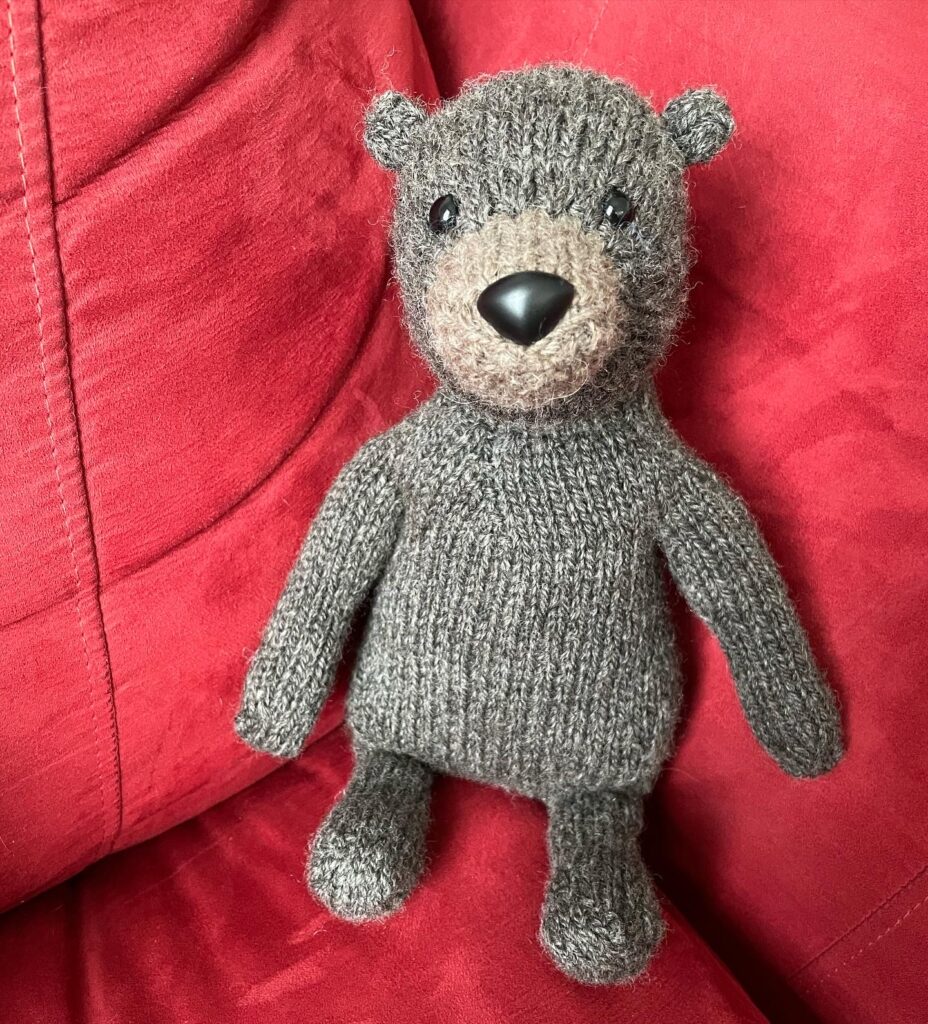Love cooking with local foods? Most people appreciate the benefits of sourcing food close to home, but do we think enough about place-based fiber and the ecology of our yarn? Much like farm to table dining, Vermont offers many opportunities to craft with yarn that has its roots in the land, with farmers raising sheep, goats, camelids, and even rabbits for fiber in every part of the Green Mountain State. On these small farms, the animals are given priority, and the resulting fiber is typically clean and of exceptional quality.
Each skein or hank tells the story of the animal, farmer and farm. Buying local yarn supports Vermont artisans, mills, markets and yarn stores. If the yarn is hand-spun or hand-dyed, it bears the additional imprint of the spinner or dyer. If it’s mill-spun, then it has the expertise of the mill operator in every twist and ply.
Why Shop Local?
Buying local yarn and fiber supports more than just local farms. Connected businesses like veterinary practices, feed and farm supply stores, shearers, building supply companies, seed suppliers, accountants, markets, mills and yarn stores are impacted positively by local yarn purchases. Farms and related local businesses create and maintain the unique character of Vermont communities, keep dollars local, and support non-profits at a greater percentage rate than nationally owned companies. Shopping locally also reduces the negative environmental impact of shipping and transporting goods over long distances.
Why Choose Natural Fiber?
• Sheep, goats, camelids and rabbits produce fiber consistently over their lifespan. Animal fiber is a renewable resource.
• Natural fibers “breathe” as they insulate.
• Wool is fire resistant and maintains its ability to warm a body even when wet.
• Garments made from natural fibers are biodegradable and can be composted.
• Fabric made from quality, natural fibers are more durable than cheap synthetics.
• Wearing clothing made from natural fiber helps cut down on plastic microfiber pollution.
• Natural fiber production typically requires less energy and fewer chemicals than the production of synthetics, meaning it has a lower carbon footprint.
• Each skein or hank tells the story of the animal, the farmer and the farm.
• Purchasing breed specific yarns helps maintain biodiversity.
How to support local yarn producers?
• Buy yarns produced and dyed in Vermont at local yarn stores.
• Visit a farmers market.
• Visit a mill.
• Join a local fiber CSA (community supported agriculture).
• Shop at a farm store.
• Attend a fiber festival, county or agricultural fair.
• Learn more about yarn production, sheep breed characteristics, natural dyes and more.
Where can I find Vermont fiber?
Check with your local yarn store- they may have several options.
Buy from Farmer’s Markets, mills or directly from a farm.
Tips for working with rustic yarn
Many Vermont yarns are next-to-skin soft but works with more rustic yarns can be rewarding. Choose projects like mittens, fingerless mittens, gloves, leg warmers, socks, sweaters with positive ease that can be worn over a shirt, and hats with liners.
Avoid making projects that touch sensitive skin, like the neck and face.
Felt your project! Felted bags, toys, rugs and pillow covers are useful, durable and wonderful.
To help soften fibers, soak yarn or a finished knitted object in room temperature water with a squirt of hair conditioner or white vinegar in it.
Remember that most wool will soften over time as it is worn and washed, and that often a slightly scratchier yarn will make a more durable garment.
Project Ideas

Resources
Vermont Sheep and Goat Association

